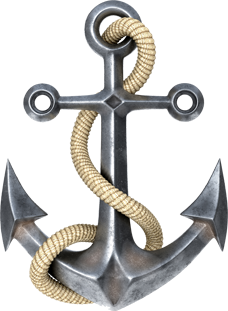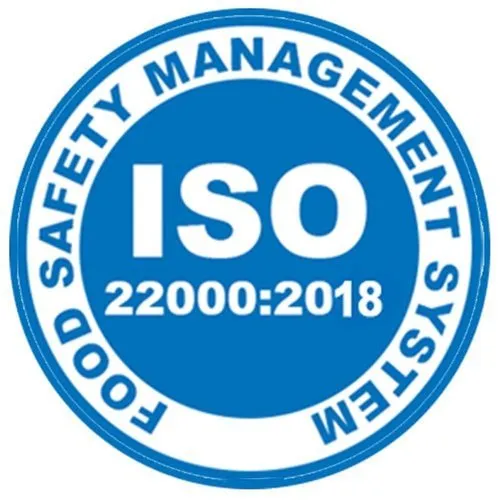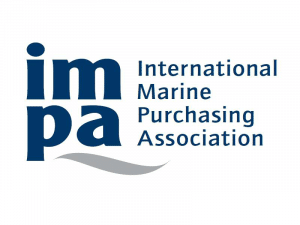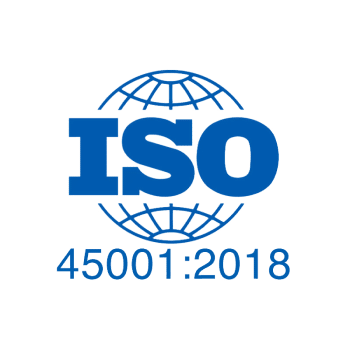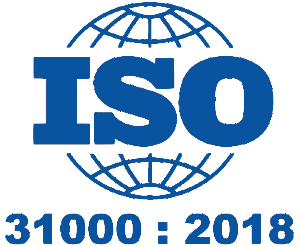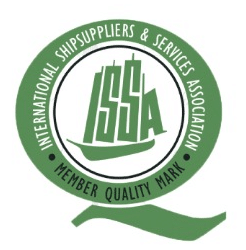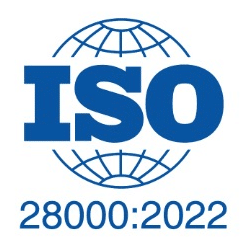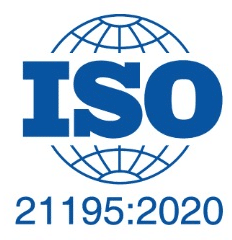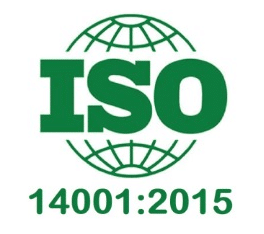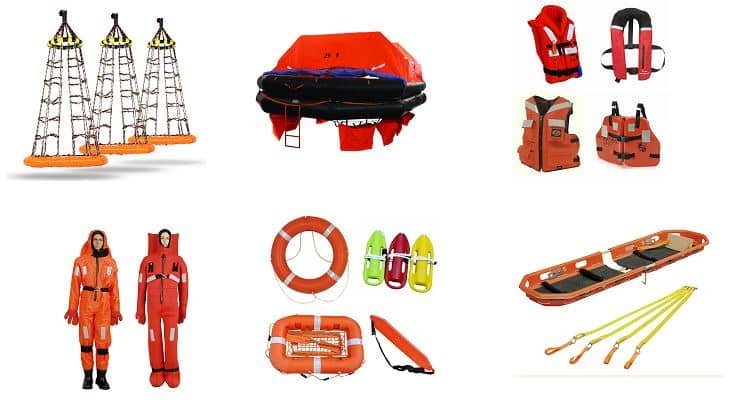
Here’s a bold fact: marine supplies can make up a huge chunk of your ship’s operating expenses—sometimes up to 20%.
That’s not pocket change, right?
If you’re managing ship supplies in Bangladesh, you know how tricky it can be to balance cost and quality.
Delays, bad deals, and low-quality goods can kill your budget and schedule faster than you can say “port clearance.”
But here’s the good news: smart buying strategies can save you thousands, sometimes even more, every year.
And that’s exactly what we’ll dig into today.
I’ve helped several vessels navigate the maze of marine supply buying in Bangladesh, and I want to share practical tips you can apply right now.
Let’s jump in before you pay more than you have to on your next order!
Understanding the Marine Supply Market in Bangladesh
Before diving into tips, it’s good to understand the local scene.
Bangladesh has two main ports serving ship supply needs: Chittagong and Mongla.
Chittagong is the bigger, busier port with lots of suppliers and options, while Mongla is smaller but growing.
Prices, quality, and availability can vary between these ports—and even between chandlers.
Knowing this helps you choose where and how to buy smartly.
Tip 1: Build Relationships with Trusted Ship Chandlers
Shipping isn’t just about transactions—it’s about trust.
When you find chandlers who consistently deliver quality supplies on time, you save money and headaches.
Good relationships often lead to better prices and priority service.
Chandlers might also help with paperwork, customs, and last-minute needs.
A quick story: a captain I worked with once switched from a new chandler to an old trusted one and saved 15% on his supply costs just by negotiating better terms.
Tip 2: Plan Ahead and Order in Bulk
Waiting until the last minute? That’s a money trap.
Urgent orders usually come with premium prices and rush fees.
Try forecasting your supply needs weeks in advance.
Ordering in bulk often brings discounts and reduces shipping and handling costs.
Plus, fewer orders mean less paperwork and fewer chances of errors.
Tip 3: Compare Prices Between Ports and Suppliers
Don’t settle for the first price you get.
Chittagong may offer more variety and competitive rates due to volume.
Mongla might have fewer suppliers but faster customs clearance, which saves storage fees.
Get quotes from multiple chandlers and compare them carefully.
Sometimes paying a tiny bit more upfront saves money overall by avoiding delays or poor-quality goods.
Tip 4: Inspect Supplies Before Buying
Cheap isn’t always cheerful.
Low-quality parts or expired provisions cost more in the long run.
Whenever possible, inspect samples or request product certifications.
If you can’t be on site, ask your agent for photos or videos.
Remember, cutting corners here can lead to breakdowns or crew dissatisfaction.
Tip 5: Use Local Products When Possible
Imported items can be expensive due to taxes and shipping.
Bangladesh produces many quality marine supplies locally, including ropes, cleaning chemicals, and some safety gear.
Local products often come at a lower price and quicker availability.
A captain once told me he saved big by switching to local cleaning agents without noticing any performance drop.
Tip 6: Keep a Supply Inventory System
Knowing what you already have helps avoid overbuying or emergency purchases.
Use a simple inventory log to track usage and reorder points.
This way, you avoid paying rush prices or holding excess stock that ties up capital.
Tip 7: Negotiate Payment Terms
Cash upfront isn’t always necessary.
Try negotiating credit terms or payment plans, especially if you’re a repeat customer.
Good payment terms improve your cash flow and sometimes earn you better prices.
Common Questions About Marine Supplies in Bangladesh
Q1: Are chandlers in Bangladesh reliable for urgent orders?
Yes, but expect higher prices and confirm availability early.
Q2: Can I get international brand supplies locally?
Chittagong port has better stock of international brands than Mongla.
Q3: How much can I save by buying in bulk?
Savings vary but can reach 10-20% depending on the supplier.
Q4: Are local marine supplies safe to use?
Many local products meet standards; verify certifications to be sure.
Q5: How to avoid fake or low-quality supplies?
Buy from trusted chandlers, inspect samples, and ask for certificates.
Q6: Can I negotiate prices with chandlers?
Absolutely. Repeat business usually leads to better deals.
Q7: What’s the best time to order supplies?
Plan ahead and avoid peak port seasons to get better rates.
Wrapping It Up
Marine supply costs don’t have to drain your budget.
Building strong supplier relationships, planning ahead, and choosing local options wisely can save you money and stress.
Have you ever been caught off guard by unexpected supply costs? Share your stories below!
Want more tips on ship management and supplies? Subscribe to our newsletter.
Next up: “How to Spot Quality Marine Supplies Without a Magnifying Glass.”
“A penny saved on supplies is a penny earned for smooth sailing.”

